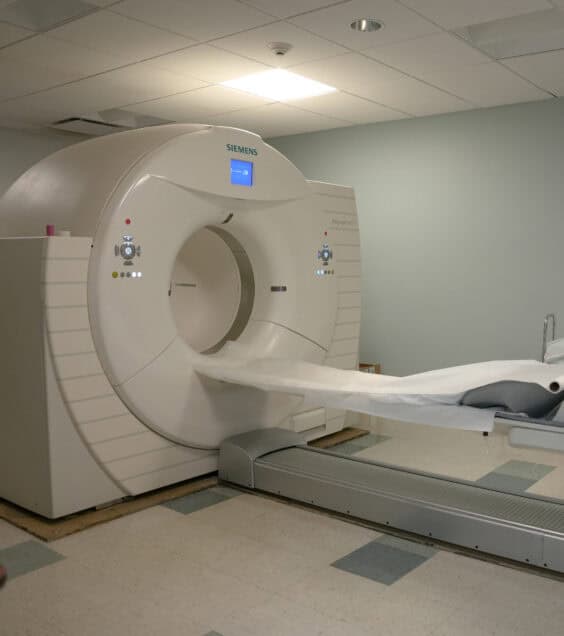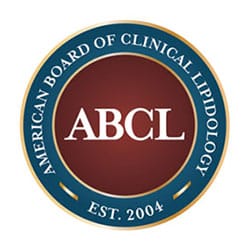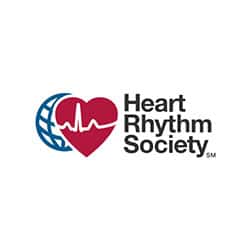A positron emission tomography (PET) scan is an imaging test that allows your doctor to check for diseases in your body. When detected by a PET scanner, the tracers help your doctor to see how well your organs and tissues are working. The PET scan can measure blood flow, oxygen use, how your body uses sugar, and much more.
In the United States, around 2 million PET scans are performed each year. If you are in need of a PET scan in St. Louis, visit on of our St. Louis Heart and Vascular locations.
PET Scans Q&A
Why is a PET scan performed?
Your doctor may order a PET scan to inspect your blood flow, your oxygen intake, or the metabolism of your organs and tissues. PET scans show problems at the cellular level, giving your doctor the best view of complex systemic diseases.
PET Scan for Cardiovascular Problems
- PET scans reveal areas of decreased blood flow in the heart. This is because healthy heart tissue will take in more of the tracer than unhealthy tissue or tissue that has decreased blood flow.
- Different colors and degrees of brightness on the scan will indicate different levels of tissue function, helping you and your doctor decide how best to move forward.
How does the PET scan compare to other tests?
PET scans show metabolic changes occurring at the cellular level in an organ or tissue. This is important because disease often begins at the cellular level. CT scans and MRIs can’t reveal problems at the cellular level.
PET scans can detect very early changes in your cells. CT scans and MRIs can only detect changes later, as a disease alters the structure of your organs or tissues.
Detection of illness at the cellular level gives your doctor the best view of complex systemic diseases, such as coronary artery disease (CAD)
What risks are involved with a PET scan?
The PET scan involves radioactive tracers, but exposure to harmful radiation is minimal. According to the Mayo Clinic, the amount of radiation in the tracer is small, so the risks to your body are low. Still, it’s a good idea to discuss possible risks with your doctor.
The risks of the test are also minimal in comparison to how beneficial the results can be in diagnosing serious medical conditions.
The tracer is essentially glucose with the radioactive component attached. This makes it very easy for your body to eliminate the tracers, even if you have a history of kidney disease or diabetes.
How do PET scans affect people who are pregnant?
Radiation is not considered safe for developing fetuses. If you’re pregnant or think you may be pregnant, you should not get a PET scan.
What risks other risks are involved with a PET scan?
Other risks of the test include discomfort if you’re claustrophobic or uncomfortable with needles. If you’re claustrophobic, you may ask your physician for medication to help you relax.
The injection may also lead to symptoms such as bleeding, bruising, or swelling.
PET Scans Available at These Locations
We offer PET Scans at the following St. Louis Heart and Vascular locations. Contact us to schedule your appointment today.
Bridgeton Office
- (314) 741-0911
- 3550 McKelvey Rd.
Bridgeton, MO 63044 - Location Info













